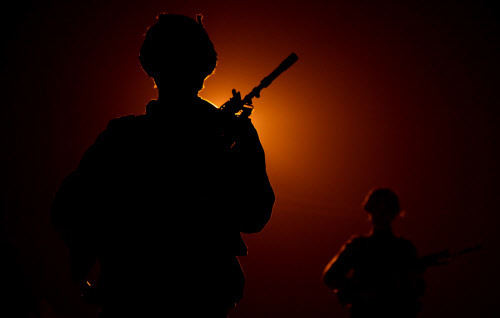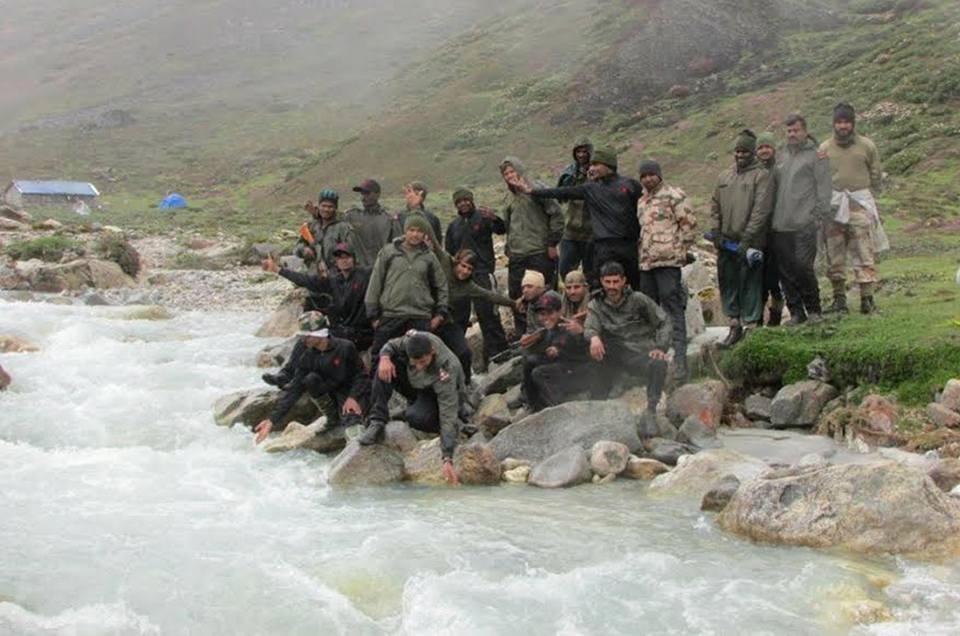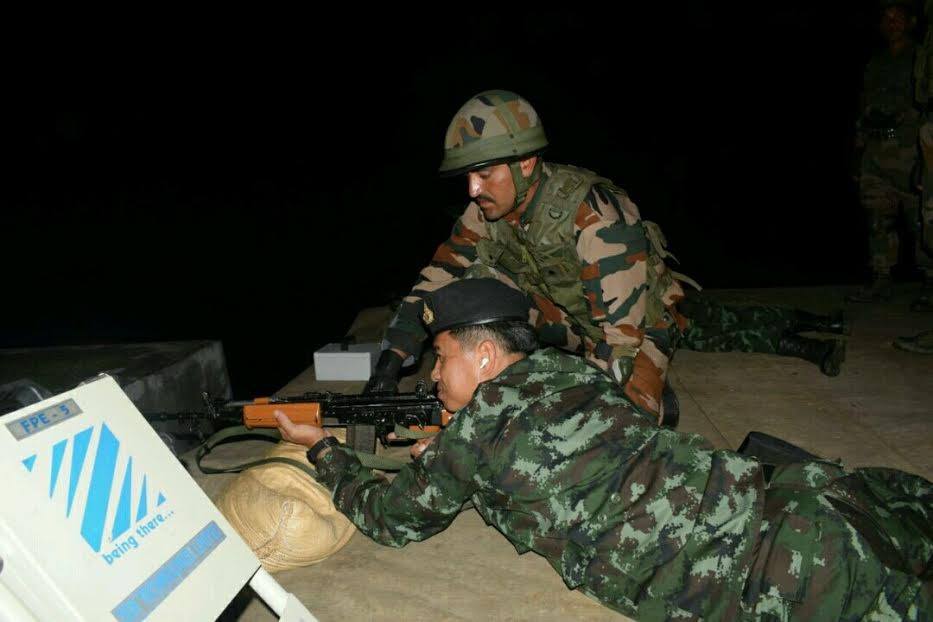The Silent Enemy Within Our Ranks: Combating Military Suicides in India
Complex, multiple reasons for military suicides need to be understood and it is impossible to compartmentalise these into any set pattern of causes.

Suicide, understood as the act of harming oneself, is a growing psycho-social concern in the public health domain. Those in the army are the least discussed and talked about.
The ‘men at war’ face various adversities that impact their emotional and mental stress. Stress has become the Indian Army’s new enemy and has been taking a silent toll. Complex (and multiple) reasons for these suicides need to be understood and it is not possible to compartmentalise these into any set pattern or series of causes.
The causes of suicidal tendencies range from the severity of organic brain damage to exposure to war trauma, death and a diminished personal life. Those who have suffered from brain injuries during engagement with the enemy or insurgents may end up with post-traumatic stress disorder (PTSD) and possibly deal with severe depression.
They are also likely to have highly intrusive thoughts and guilt about acts committed during times of war. These thoughts can often overpower coping capacities. Death of a close friend during times of war is known to have led to depression as well.
Repeated postings to high altitude bases like those in Jammu and Kashmir and the North-east also take a toll on a person’s physical endurance and mental health. Dealing with persistent feelings of isolation, loneliness and possible sickness coupled with the near impossibility of air evacuation due to poor weather conditions proves to be difficult to cope with.
Break-up of joint family systems has left separated families to fend for themselves.
Problems of living alone, raising children and educating them add to any soldier’s anxieties.

Indian army soldiers are haunted by the prospect of retirement at an early age of 35 to 37 years, increasing family commitments and the consequent financial problems thereafter. This is also compounded by poor salaries, lack of basic amenities, denial of leave and ineffectual official leadership.
By and large then, a soldier’s life in the Indian army has its fair share of anxiety and stress and is often depressing.
Statistically speaking, 348 armed force personnel have committed suicide since 2014, with the highest proportion falling in the army with 276 suicides.
The numbers have increased from 2014 to 2016, accounting for 104 deaths in the army (in 2016). Death tolls in the army remain much higher than those reported in the Navy or Air Force.
The Minister of State for Defence, Subhash Bhamre, said the Defence Institute of Psychological Research conducted various studies on suicides and fratricides and their findings highlighted the need for the introduction of stress-busting measures in the forces.
In response to these growing figures, the government has taken a number of measures including training officers to provide psychological counselling, ensuring improvement in living and working conditions for the personnel, superior quality of clothing and food, recreational activities and establishment of grievance redressal mechanisms.
It is necessary to ensure the presence of a powerful support system for service members. Commanding officers, colleagues, friends, and families of members have an important role to play. They must watch out for warning signs that hint at suicidal thought patterns, such as talking about killing oneself, giving away personal possessions or hopelessness.
An understanding of the gravity of mental illness and maintenance of mental health is essential.

Awareness needs to be spread about how important the maintenance of mental health is- just as paramount as that of physical health.
A better flow of interaction between seniors and their subordinates can immensely decrease stress levels with a realistic redressal of grievances.
Electronic forums introduced by the Indian Air Force and the Army’s Western Command are good examples of encouraging such communication. Professional Counsellors at Non-Commissioned Officer (NCO) levels need to be inducted in all uniformed services and embedded in operational units or formations. Apart from psychiatrists, there should be a focus on employing counsellors and clinical psychologists, well equipped with handling mental health concerns.
It has also been noticed that the majority of suicides occur when soldiers return from leave and hence professionals should be trained to identify and address problems among such members of the armed forces specifically.
The army has introduced several soft measures like yoga lessons and a liberal leave policy to reduce instances of suicides and fratricides. The army recently began distributing field manuals on suicides and fratricides for use by officers in the north and North-east.
The pocket-sized booklets, in English for officers and Hindi for soldiers, inform about stress symptoms and ways to prevent outbreaks of violence.

Although in-depth research is currently underway to recognise risk factors that lead to suicides in the army, it is imperative that there is a need to create an amicable environment for soldiers.
Suicide rates can be reduced and prevention can amplify with collective efforts and understanding. The society as a whole must be an advocate for suicide prevention.
Members of the Armed Forces are not only protectors of our borders, but of all the civilians who live within these borders. Their protection is also our duty.
Written by Anoushka Thakkar, Shruti Venkatesh and Pragya Lodha
Like this story? Or have something to share?
Write to us: [email protected]
Connect with us on Facebook and Twitter.
NEW: Click here to get positive news on WhatsApp!
If you found our stories insightful, informative, or even just enjoyable, we invite you to consider making a voluntary payment to support the work we do at The Better India. Your contribution helps us continue producing quality content that educates, inspires, and drives positive change.
Choose one of the payment options below for your contribution-
By paying for the stories you value, you directly contribute to sustaining our efforts focused on making a difference in the world. Together, let’s ensure that impactful stories continue to be told and shared, enriching lives and communities alike.
Thank you for your support. Here are some frequently asked questions you might find helpful to know why you are contributing?


This story made me
-
97
-
121
-
89
-
167













